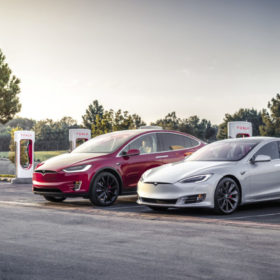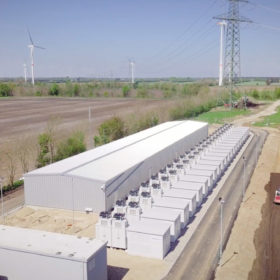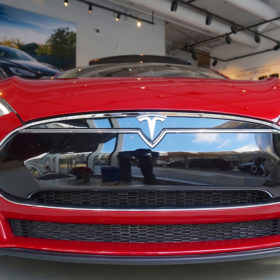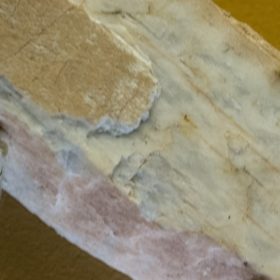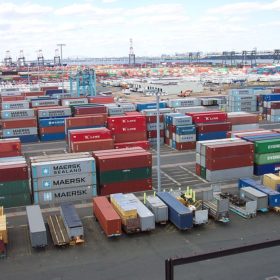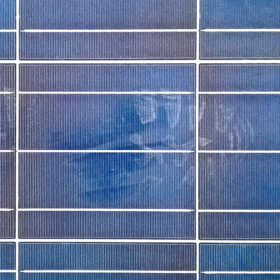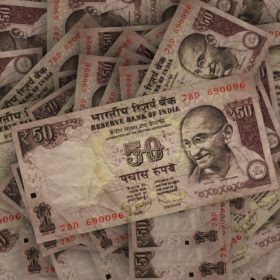Australia shows the way forward for EVs in nations with vast distances
The Australian Renewable Energy Agency will contribute $15 million towards a planned nationwide network of ultra-fast charging stations that could show the way ahead for electromobility in India.
Energy storage installations to grow 122-fold by 2040; India among top 3
The global installed capacity will grow from a modest 9 GW/17 GWh as of 2018 to 1,095 GW/2,850 GWh in the next two decades. Just 10 countries will account for almost 75% of the overall gigawatt market, with China, USA, India and Germany leading the pack.
Megapack marks Tesla’s new play for utility scale storage market
The Palo Alto company says it has improved its large scale battery offering with the new product in the wake of the success of its Powerpack-driven big battery in Australia. The Megapack can be deployed at a 250 MW/1 GWh clean energy plant four times faster than a fossil fuel alternative, claimed the business in a blogpost.
India’s renewable power generation cost the lowest in Asia Pacific
The cost of solar power generation in India has fallen to half the level seen in many other markets in the region due to extensive solar resource, market scale and competition.
Researchers develop method to synthesize graphene from abundant eucalyptus bark
Australian and Indian scientists have developed a method of manufacturing soluble graphene in a cost-effective and eco-friendly way from one of Australia’s most common resources, gum trees.
India and Australia could strike first lithium deal
Mining company Neometals and Manikaran Power have started a jointly funded study into the feasibility of establishing India’s first lithium refinery, which would process ore from the Mount Marion mine in Western Australia.
Protectionist measures working as Chinese export destinations shift
While the world’s biggest solar manufacturers are confident there are plenty of alternative markets for a rising volume of panel exports, the message spelled out by first-quarter shipment figures is that protectionism works.
Australia considers how to profitably upcycle 80 million tons of PV waste
With concern rising about future solar waste in India, research by the University of New South Wales has examined the economic barriers, technologies and opportunities offered by recycling end-of-life silicon PV modules.
Big dip in import and export of solar modules and cells
A flying start to the year saw huge volumes of solar cells and modules imported to India but the scale and value of such products fell over the remainder of 2018 and export figures mirrored that trend.
India leads region as volume of corporate clean energy smashes record
The nation saw 1.3 GW of renewable energy secured for business through private PPAs in 2018, almost twice as much as the volume recorded in Australia, but the picture could change next year if China follows through with its renewable portfolio standard commitment.
